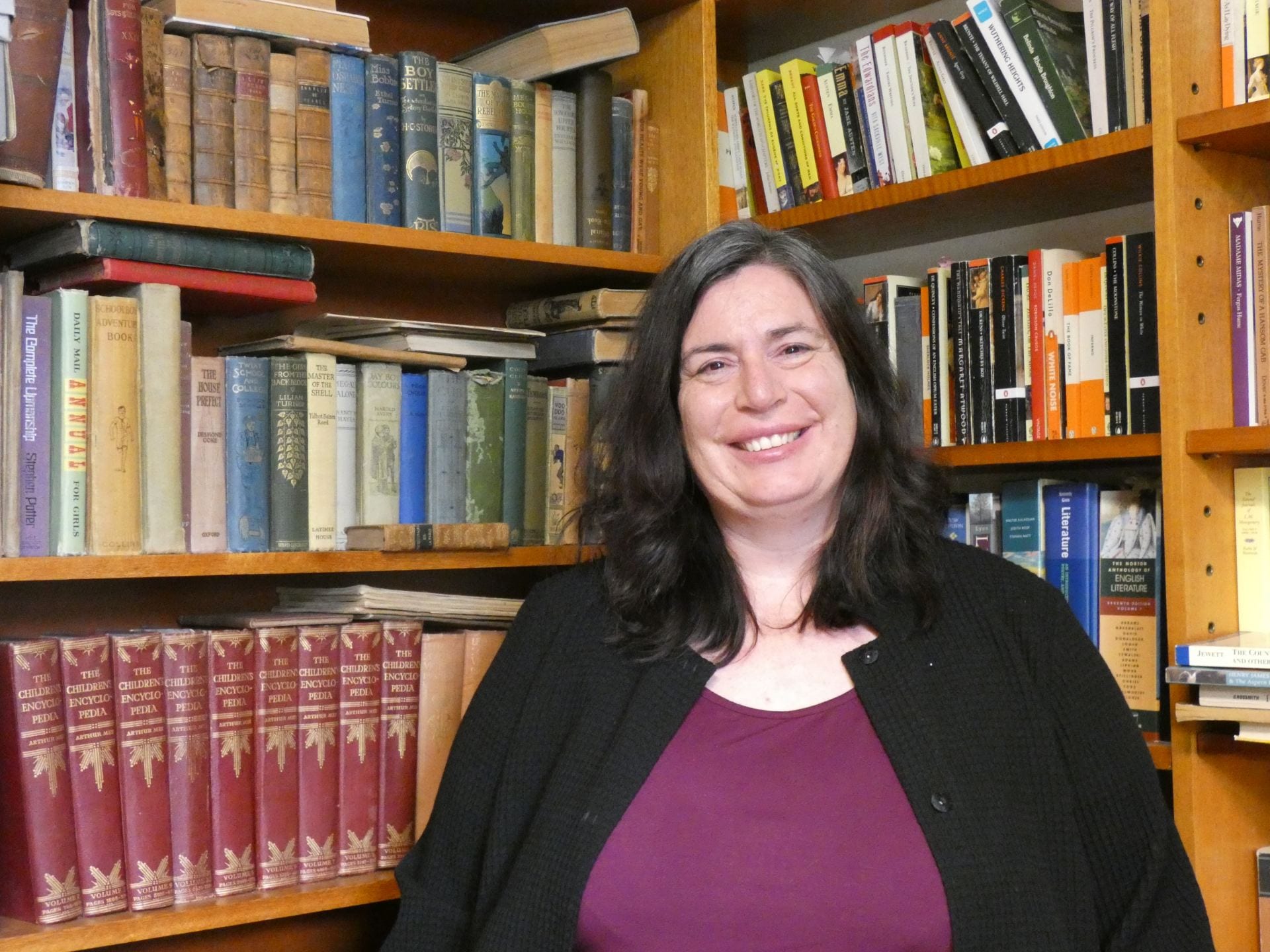A fascination with myths and legends around the world has led UNE Associate Professor Liz Hale on an adventure from New Zealand, to the USA, to Armidale, in pursuit of stories.
“As a child in New Zealand I loved reading myths, legends, and fairy tales,” Liz says.
“I loved the stories told, and shared, by ordinary people from around the world: the talking yams of African myth, the dragons of Wales, the Maori Taniwha, and the rainbow serpent of Australia.”
Liz has built a career studying, analysing and writing about literature and culture, but says she didn’t expect the stories she loved as a child to play such an important role.
“I got hooked on studying literature and ancient languages—Latin, Anglo-Saxon, Old Norse—as an undergraduate at the University of Otago. I loved the curious stories from ancient cultures, and the way that they live on in modern retellings, adaptations, and allusions.
“But it wasn’t until my graduate studies at the Department of English and American Literature at Brandeis University, in Waltham Massachusetts on a Fulbright scholarship, that I rediscovered my childhood love for mythical stories and started reading children’s literature seriously,” she says.
Now teaching and researching children’s literature at UNE, Liz is leading the Australian arm of a worldwide project funded by the European Research Council to track the influence of classical antiquity in modern children’s culture. Each participating country – Poland, Australia, Cameroon, Israel and the UK – has its own project as well as shared work under the project title ‘Our Mythical Childhood’.
“Together, we’re tracking down all texts that retell elements of ancient Greek and Roman culture, we summarise and analyse them and publish our findings in an ‘Our Mythical Childhood’ database.
“One thing it’s highlighting is just how pervasive the stories from classical antiquity are in modern culture – they’re in manga comics, video games, folk opera, young adult fiction and everything in between,” Liz says.
The texts (there are more than 600 to date) can be searched online and sorted by theme, date or countries and used by readers, school teachers or researchers interested in finding out more about the influence of classical antiquity in children’s literature, to enrich reading and learning.
“I hope this resource helps readers see just how important the stories from classical antiquity are in modern fiction, and also encourages readers to fall in love with myths and legends the way I have.”
View the ‘Our Mythical Childhood’ survey: http://www.omc.obta.al.uw.edu.pl/myth-survey
Keep up to date with the project via Liz’s blog: https://antipodeanodyssey.wordpress.com/



Recent Comments